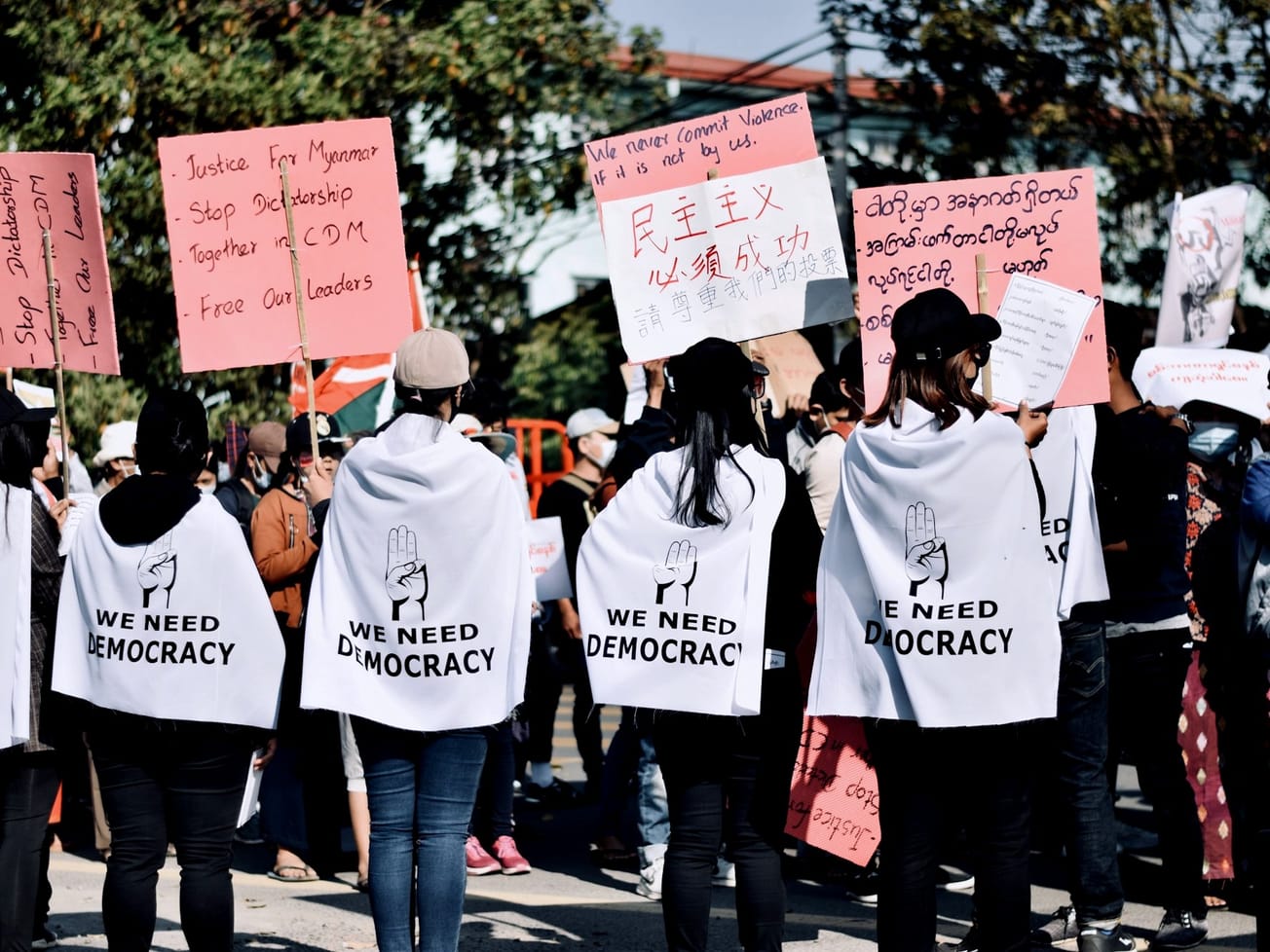GENEVA (AN) — A U.N. investigative panel has "substantial evidence" that the Myanmar military committed war crimes and crimes against humanity over the past year as citizens challenge the junta's grip on power.
What's new: The Independent Investigative Mechanism for Myanmar, or IIMM, says in its annual report to the U.N. Human Rights Council on Tuesday that the conflict in Myanmar escalated substantially, with "more frequent and brutal crimes committed across the country." Most evidence points to crimes committed by Myanmar's military, it says, but credible information also points to crimes committed by some armed groups fighting the military. The IIMM is "examining evidence of alleged crimes regardless of the affiliation or ethnicity of the perpetrators or victims."









